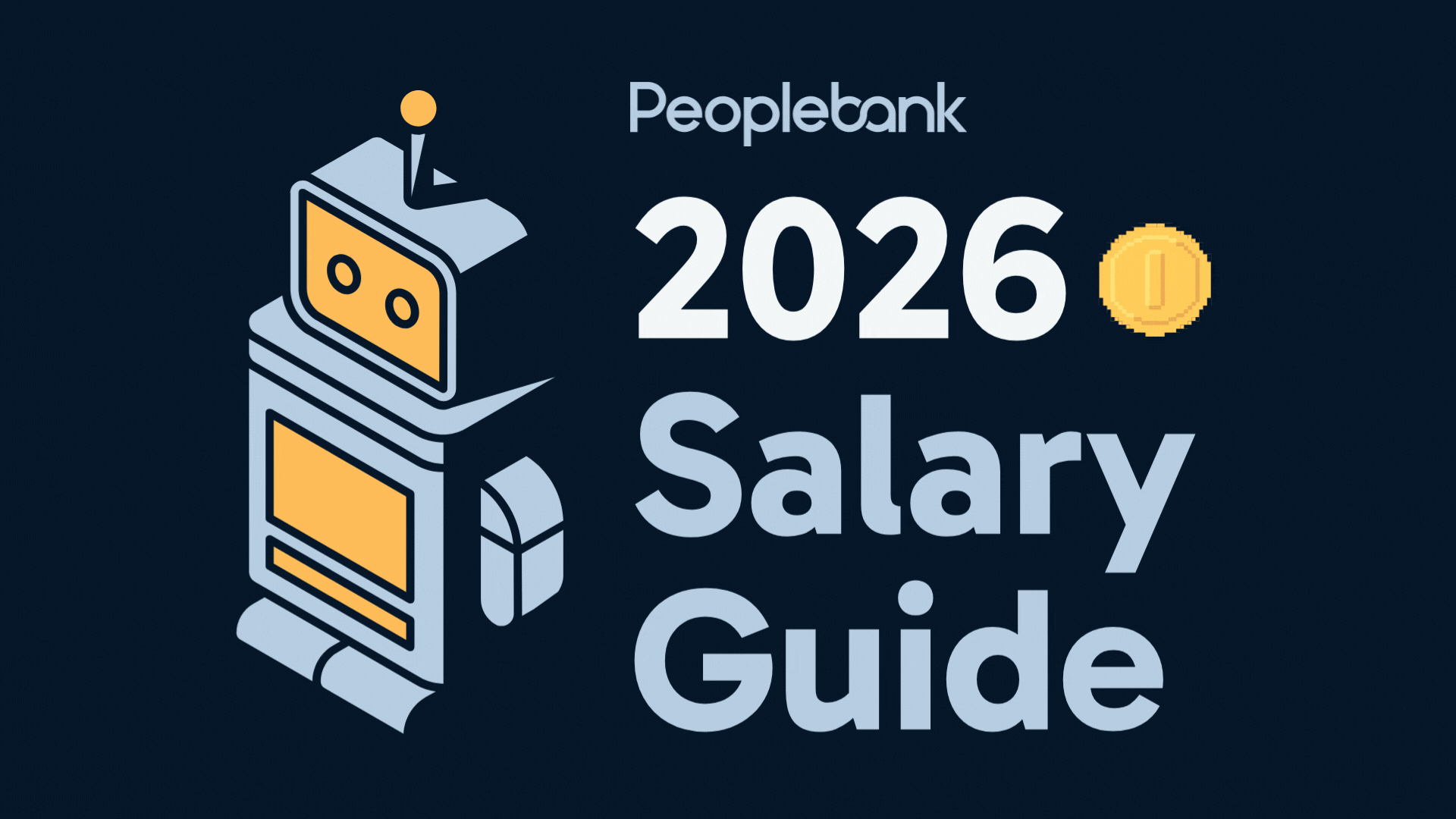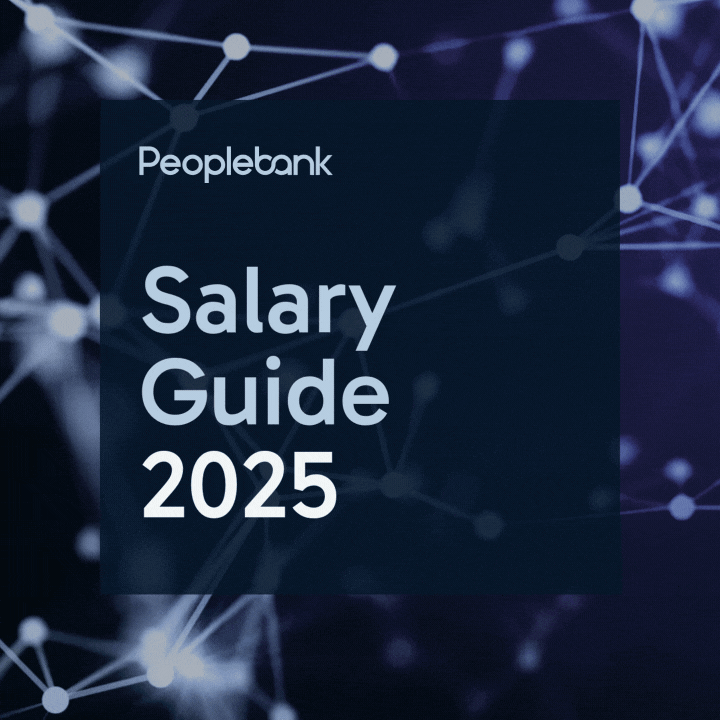AI and Recruitment
Hiring process productivity
Recruiters often have to endure low-level tasks as part of their operations. But with the use of AI that can schedule interviews, find and rank candidates, auto-generate specified tests (particularly for technical or IT candidates), these menial tasks can be taken out of the hands of recruiters, saving them time and energy. While the AI products perform these tasks, they are able to track the data too.
More human communication
This is possibly the most important impact. With all that AI is helping with, there are many tasks that can be minimised if not completely ruled off the to-do list for most recruiters. Because of this, it is imperative that recruiters play the role they do best, that of a human. Whilst AI advances are exciting and can help with an abundance of technical and decision-based tasks, they cannot express words of encouragement or meaningfully congratulate a person on getting the job. AI cannot meet you face to face and make you feel comfortable. Recruiters will also be able to sell better, selling themselves as trustworthy and selling their opportunities as the best ones. These are the things that AI won’t do. Recruiters will be learning a lot about new technology in the near future, but they will also be revaluating the way in which they interact with candidates and clients.

Smarter hiring
Sourcing candidates can be made easier too. Not just by finding them in an extensive database but also by getting help based on existing data to write job ads focused on the candidate you need or to differentiate your company.
When screening, recruiters rely on resumes, which don’t always express a full picture of a person’s skills and capabilities. In resume’s – especially outdated ones, achievements are commonly hidden or non-existent. So, in these cases, there is AI that creates engaging tests with specific tasks suitable for the job advertised. When an applicant completes this test, a company is likely to have the most up-to-date measure of their skill set.
And of course, there are AI algorithms that can select the best possible candidate from collected data that is able to remove the chance of human bias. AI is still a fair way from completely determining who a company should hire. Realistically, it doesn’t seem possible that AI could definitively select a candidate for your company (ever) given the need for human to human interaction and rapport. But it can definitely help in narrowing down choices for a recruiter.

Tracking data for future effectiveness
Tracking data should be completely essential for every single candidate communication. A company who uses several AI tools to source candidates will automatically grow a database built from the information they received from that candidate at the time. This is then stored and can be used for future reference. Yes, I know, most companies do have a database… but it isn’t always properly filled out or relevant. There are ‘personal assistant’ type programs that track a candidate’s progress from the beginning to the end and every interaction in between. With this, a recruiter might not even need to post a job ad if they are notified of previous candidates who are suitable for the role.

So, doesn’t this all sound great? It does, but there are still concerns that AI tools might replace human employees. Realistically, it just doesn’t seem plausible at this stage. The point of most AI produced for recruitment is to make things easier. If companies are educating staff and adapting to new changes, I don’t think anyone is in danger of losing their jobs. Most importantly, it will help people do their jobs better. Recruiters will be able to create relationships with clients and candidates better than ever before.






















